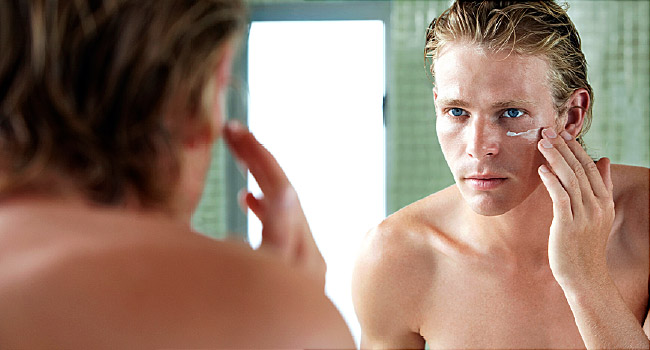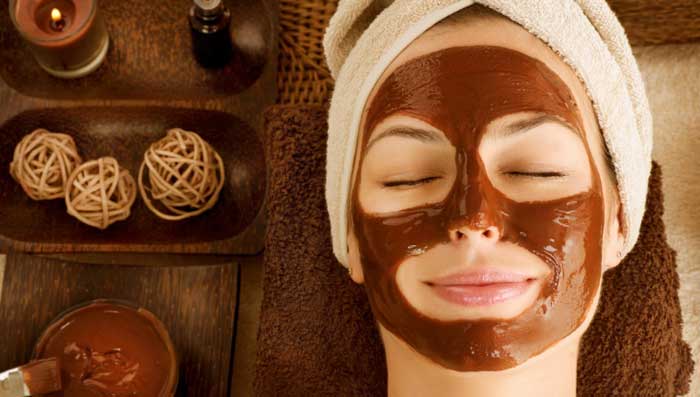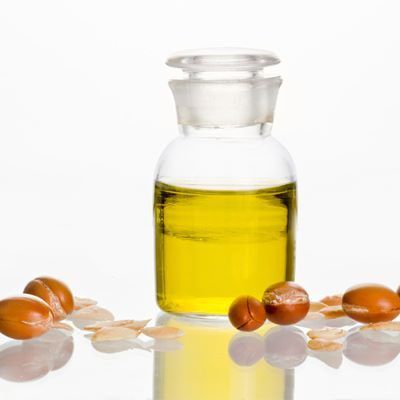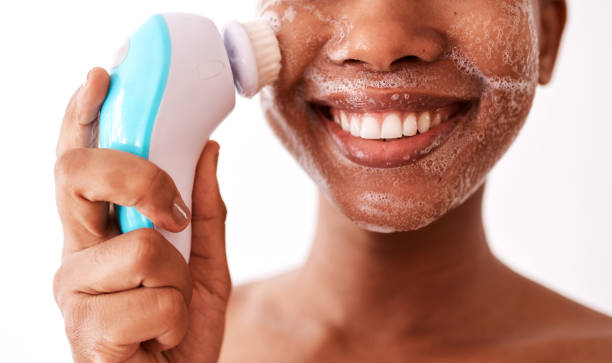
Acne prevention and skin care go hand in hand. By paying attention to your skin and facilitating its health, acne can be eradicated, controlled and prevented. Skin care goes well beyond simple cleansing (although cleansing should not be underrated) and in many cases medication is not needed to prevent acne. Here are a few examples of healthy skin care.

Nutrition
Probably the single most important promoter of healthy skin and acne skin care is good nutrition. When you eat properly, and your body gets all its necessary vitamins and nutrients, your skin flourishes. When your skin is healthy, it is able to heal itself quickly, generate needed proteins easily and effectively, and exfoliate properly. Further, when you eat properly, your body’s immune system is strong, enabling it to fight of or keep in check the millions of different types of bacteria, fungi and viruses in and on your body. Nutrition and healthy eating habits cannot be stressed enough when connecting its importance in healing skin conditions, and will probably be one of the first recommendations made by your dermatologist when prescribing a routine for combating acne.
Hydration
Hydration comes a close second to nutrition. When your skin becomes overly dry, it is not as healthy. Dry skin also tends to scale or shed. When dead skin cells are present on the face or body, they can easily mix with the natural oils on your skin and cause blockages in skin pores and follicles, resulting in acne flare-ups. To properly hydrate, make sure you drink at least 8 cups of water per day. Hydrated skin also tends to be more youthful looking and has the ability to produce collagen and elastin easier than dry skin. There are some acne creams that contain ingredients that hydrate the skin as well.
Cleansing
Implementing a daily skin cleansing routine and sticking to it can be one of the best acne prevention methods available. Combined with good nutrition and hydration, little else is usually needed foracne prevention. Most people, however, have difficulty maintaining a daily cleansing regiment. Daily cleansing can be performed with water, mild soaps, natural ingredients (like rose water or milk of magnesia) or with acne cleansing products. When cleaning your skin, you should never scrub and always use either your bare hands (preferred) or a soft cloth or sponge. Scrubbing your skin causes skin irritation and is literally reversing the positive effects of cleansing and hydrating. Exfoliating procedures can be considered cleansing as well. Exfoliation helps remove excess debris and dead skin cells from the affected area which not only makes your skin look and feel healthier but prevents the blockage of pores, thus helping to prevent acne.
Other Acne Prevention
Some of the cleansing techniques may cause the skin to dry out. Using rose water or some acne cleansing products in particular, can leave your skin dry regardless of your hydrating habits. Find a moisturizer that is oil free and non-comedogenic for use after your cleansing routine. If you wear make-up (again, only use non-comedogenic make-up), always wash it off before you go to sleep. Try to scrub as little as possible when you remove your make-up. Further, if you work in an area with high pollution or suspended particulate (such as car or machinery exhaust), always rinse your face immediately after leaving the area. Any type of irritant on the skin can exacerbate inflammation, the core symptom of what causes acne.



